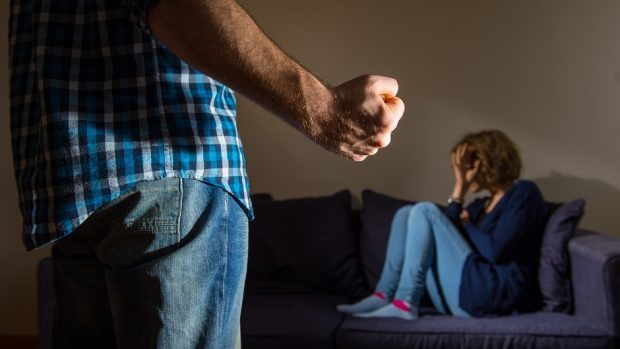A refuge for women and children who are victims of domestic abuse will open in Aberdeen next year.
Papers presented to this week’s strategic commissioning committee of the city council show a new contract for women and children who experiencing abuse who are homeless or threatened with homelessness in both self-contained flats and other accommodation.
Shock statistics earlier this year found that many homeless women have reported that abusive partners have driven them onto the streets.
In April, new Scottish Government legislation was introduced making psychological abuse and controlling behaviour from partners or former partners a crime, in addition to physical harm.
Such incidents are a significant factor in the majority of domestic abuse cases.
Homelessness charity Aberdeen Cyrenians welcomed the change, revealing they had witnessed the “devastating effects” of such behaviour on their service users.
Grampian Women’s Aid has supported 175 women and 73 children and young people who are facing problems with the issue.
Recent data from Aberdeen City Council showed there were 258 incidents in which people felt forced to flee their homes due to a dispute which was violent or abusive in 2017-18. In 2013-14, that figure was 99.
Marsha Scott, chief executive of Scottish Women’s Aid, said it was “shocking” that domestic abuse had become the main reason for women making a homeless application in Scotland.
She added: “We want to see a much more preventative approach to women’s homelessness taken by national and local government, to enable women and children to remain in their home.”
The papers presented to councillors on Thursday do not reveal where the shelter would be located.
Aberdeen Labour councillor Sandra Macdonald welcomed the initiative – adding that domestic violence remained a “blight on society”.
She said: “This is one of the issues I have been campaigning against my whole life and I absolutely welcome this from the council.
“This type of behaviour is totally unacceptable, and unfortunately, despite decades of effort, it has still not been eradicated from our society.
“I think it is a great initiative from the council and I know they work closely with partner agencies and charities.”
